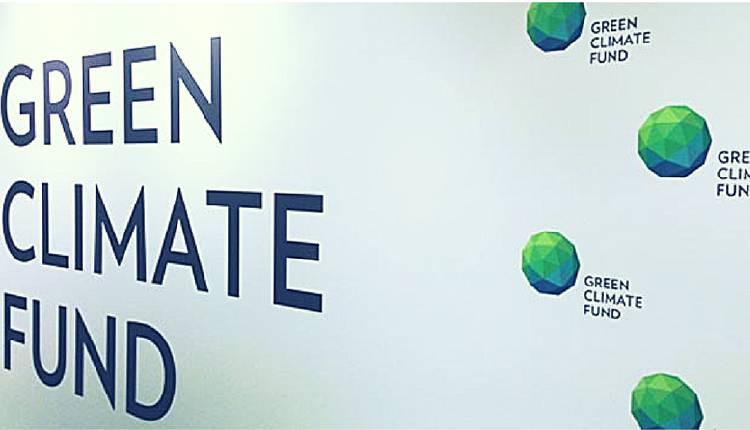GCF approves $52.3m project to aid Malawi’s climate resilience
The Green Climate Fund (GCF) has approved a $52.3 million project to help Malawi cope with climate change and enhance long-term food security.
Led by the Food and Agriculture Organisation (FAO) of the United Nations, the Ecosystems-based Adaptation for Resilient Watersheds and Communities in Malawi (EbAM) project will benefit nearly 575,000 vulnerable rural residents over six years.
Approved at the GCF Board’s 39th meeting in Songdo, South Korea, the project aims to deliver crucial investments in adaptation and resilience for Malawi, classified by the UN as a least developed country.
FAO Deputy Director-General Maria Helena Semedo stated, “This project offers a comprehensive, inclusive, and innovative approach to building climate resilience in Malawi, addressing both major environmental and socio-economic challenges in the context of climate change.”
Malawi, one of the world’s poorest nations, with 70 per cent of its population living below the poverty line, relies heavily on rainfed agriculture. The country faces rising temperatures, erratic rainfall, and frequent extreme weather, worsening food insecurity.
In 2023, acute food shortages were linked to a significant drop in maize production due to droughts, floods, and soil degradation.
With climate change expected to further disrupt rainfall patterns and increase water stress, smallholder farmers will struggle to grow crops, likely leading to unsustainable land use practices and exacerbating land degradation. This project is part of FAO’s Climate Change Strategy 2022–2031 and Action Plan 2022–2025.
Attribution: the Food and Agriculture Organisation (FAO).


